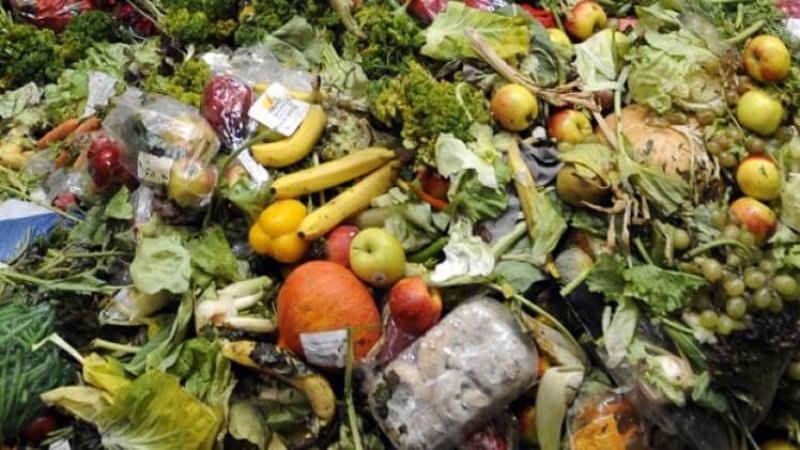Food waste plagues both farmers and consumers. Americans throw out much of what we buy at the grocery store—roughly 133 billion pounds of food each year, or $161 billion worth, according to the USDA, often because it spoils before we eat it. And farmers regularly lose their crops to harmful pests and pathogens, anywhere from eight to nearly 30 percent of their yields depending on the crop they grow, a 2019 study found.
Synthetic pesticides are the obvious solution to pests in the field and post-harvest food spoilage caused by microbes. But with consumers always concerned about pesticide exposure and strict regulations governing the use of these chemicals, farmers and food packagers are increasingly turning to a suite of natural products known as biopesticides, pest control tools derived from plants and microorganisms the EPA considers inherently less risky.

On this episode of Science Facts and Fallacies, Jamie Bacher, molecular biologist and co-founder of biotech startup Boost Biomes, joins GLP editor Cameron English to discuss his company’s novel approach to battling pests and promoting sustainable agriculture. Boost’s first product is a biofungicide made from a pair of microbes designed to control a wide variety of fungi that can damage fruits and vegetables in the field, and in your fridge.
Early tests indicate the product could help put a dent in the $60 billion worth of food we lose to fungal disease each year, and Bacher anticipates that regulators and consumers will have little objection to its use as biopesticides start to play an ever-larger role in food production in the coming years.
Podcast: Play in new window | Download
Subscribe: RSS
Jamie Bacher holds a Ph.D. in molecular biology from the University of Texas at Austin and co-founded Boost Biomes in October 2016. Follow him on LinkedIn
Cameron J. English is the GLP’s senior agricultural genetics and special projects editor. Follow him on Twitter @camjenglish
































